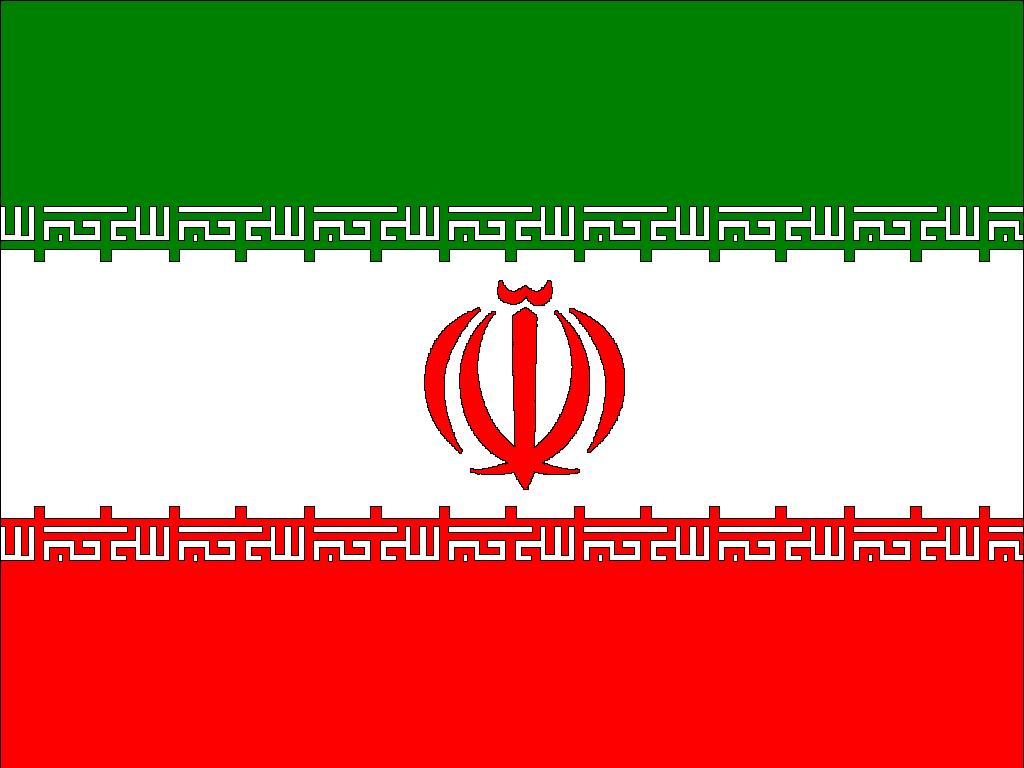Iranian flag.gif

Part 1 of 3 Parts
Last week, Israeli, Emirati and Bahraini naval vessels joined a U.S. warship for the first time in rehearsed joint security operations in the Red Sea. Last month, a war-game was held at a desert airbase north of the Israeli. Fighter planes from Israeli and seven other countries participated. These and other drills are being held to send a strong message to Iran which as been holding its own big military exercises. They are also meant to stress regional strategic alliances.
These military exercises are being held at a time when many Israelis worry that Israel may soon feel the need to act alone to attack Iran’s nuclear program. The Israeli government has allocated one and a half billion dollars to prepare Israeli armed forces for a possible strike against Iranian nuclear sites. There are nearly daily warnings from political and military leaders that such action may be necessary.
An Israeli security official said, “Israel has no interest in a war with Iran, but we will not allow Iran to acquire nuclear weapons. In light of Iranian progress of their nuclear program, we are preparing for all options and scenarios, including military capabilities.”
This saber-rattling comes as negotiation between Iran and five world powers are proceeding on reviving the 2015 nuclear deal known as the Joint Comprehensive Plan of Action (JCPOA). The negotiations will resume in the Austrian capital of Vienna on the 29th of November. The JCPOA restricted Iran’s nuclear activities and opened Iranian facility up to enhanced inspections in return for the partial lifting of international sanctions. The original JCPOA was abandoned by U.S. President Donald Trump in 2018. Israel approved of the unilateral action by Trump.
As the date for a new round of negotiations was set, Iran announced that it had produced about fifty-five pounds of uranium to sixty percent purity. This is just below the level of purity that would be needed to construct a nuclear bomb. Four hundred and sixty pounds of uranium has been enriched to twenty percent.
Iran has continued to claim that its intentions with respect to nuclear activities are entirely peaceful. However, Iranian experts admit that such quantities of highly enriched uranium were previously only held by nuclear armed states. The Israeli security official said, “The Iranians today are closer to creating fissile material for nuclear weapons than they ever were in the past. This fact has significant security implications for the State of Israel.”
The Israeli defense establishment estimates that if Iran chose to do so, it could now produce enough weapons-grade uranium for one nuclear weapon within a single month. The manufacture of such a nuclear weapon would also require construction of a warhead that could be mounted on a ballistic missile. The timeframe for that is more difficult to calculate. Some experts say it could take from eighteen to twenty-four months.
Sima Shine is a former head of research for the Mossad intelligence agency. She says, “I hope that the diplomatic channel will succeed, but I don't give it a high chance right now.”
Please read Part 2 next